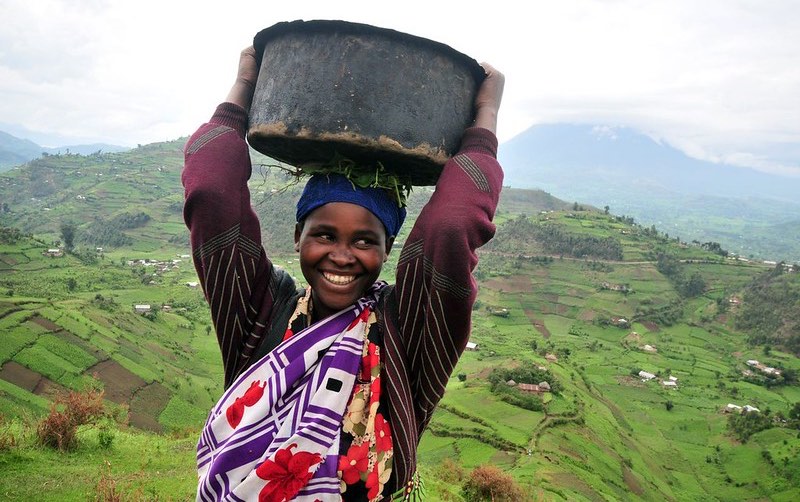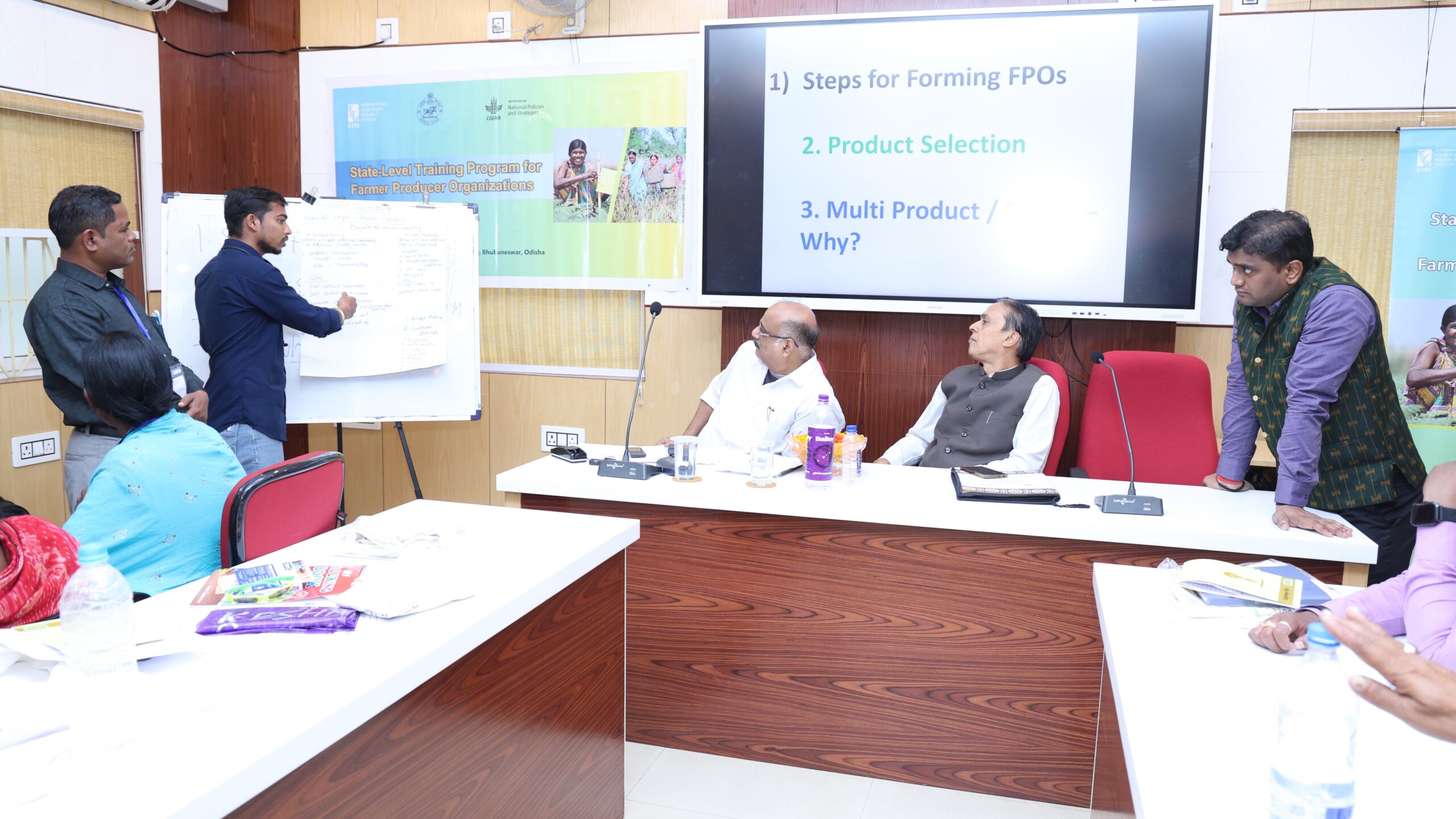So far, 99 organizations have used the Women’s Empowerment in Agriculture Index (WEAI), an innovative tool that measures progress toward gender equality and identifies obstacles to becoming empowered.
Women play a vital role in rural economies, from farm labor to unpaid domestic and caregiving work. They are essential to food security and nutrition, land and natural resource management, and building resilience to climatic and other shocks. Will your organization become the 100th to use a WEAI survey to track these contributions? To mark the International Day of Rural Women 2019 (Oct. 15), we talked with some colleagues who have used the WEAI for their research, project implementation, or to make funding decisions. See what interesting results, memorable field stories, and advice they had to share—and join the growing WEAI community.
Researchers
Q: Please describe your current work and why rural women are an important focus of your work.
Lina Salazar
Lina Salazar, Senior Economist in the division of Rural Development and Natural Resources at the Inter-American Development Bank: I have the privilege to work with governments in Latin American and the Caribbean (LAC) countries in the design, implementation and evaluation of agricultural projects that aim to improve food security. Rural women are one of the pillars for food security in the region and, therefore, they lie at the heart of my work. I believe that in order to improve agricultural and food security outcomes, we need to work together to achieve equality for women through greater empowerment. Therefore, my work focuses on identifying paths through which agricultural projects can improve the lives of rural women.

Aulo Gelli
Aulo Gelli, Senior Research Fellow in IFPRI’s Poverty, Health, and Nutrition Division: My work is focused on rigorously evaluating the impact of integrated agriculture and nutrition interventions on child health, nutrition and development outcomes. As such, the role of rural women is the cornerstone for all the impact pathways involved.
Q: Why were you originally interested in the WEAI?
Lina: I became interested on working with the WEAI because I believe that modern agriculture must be focused on food system sustainability. From this perspective, we need to empower women in order to improve food access and availability as well as nutritional outcomes. In other words, if we aim to improve food security in the long run, we need to empower rural women through increased access to inputs, technology, knowledge, extension services and research services geared to also represent women’s needs. Having access to productive resources will thus improve economic outcomes, boost agricultural production and strengthen women’s position in society. However, we cannot talk about improving something that we cannot measure. The WEAI is an innovative tool that allows us to measure, for the first time, how our projects can have a positive or negative impact on women’s empowerment and, ultimately, in food systems. We are very proud to say that we have mainstreamed the utilization of the WEAI in different agricultural projects as one of our major impact indicators. As a result, we have been able to assess the impact of agricultural projects that aim to improve women’s empowerment as well as to promote these results to governments in the LAC region.
Aulo: Women’s empowerment is not an easy thing to measure quantitatively. The WEAI provides a tool that is grounded in a solid, theory-based framework, to measure women’s empowerment in its entirety and in its multiple components. It thus provides a unique opportunity to better understand both the effectiveness of interventions in improving women’s empowerment and understanding the role of women’s empowerment in affecting child nutrition, health and development.
Q: Tell us about an interesting finding from a study you did using WEAI.
Lina: WEAI was used to measure the impact of an agricultural project on women’s empowerment in Nicaragua. This project specifically targeted rural women by providing them with livestock assets and technical assistance. Using a proxy for the WEAI, we were able to prove that program participation not only improved food security outcomes in all its dimensions but also reduced the probability of women being disempowered by 5% and the disempowerment score by 17%. Moreover, the probability of facing a gender gap within the household was reduced by 18% and the difference in empowerment between men and women within the household was reduced by 10%. These results, which complemented our positive findings on food security outcomes, show that such projects can have important benefits on women’s wellbeing in rural regions.
Aulo: We found that using a pre-school platform run by women’s groups was very effective in improving diets, nutrition and child development in rural Malawi.
Implementer
Q: Please share a memorable story from the field while implementing a WEAI survey.
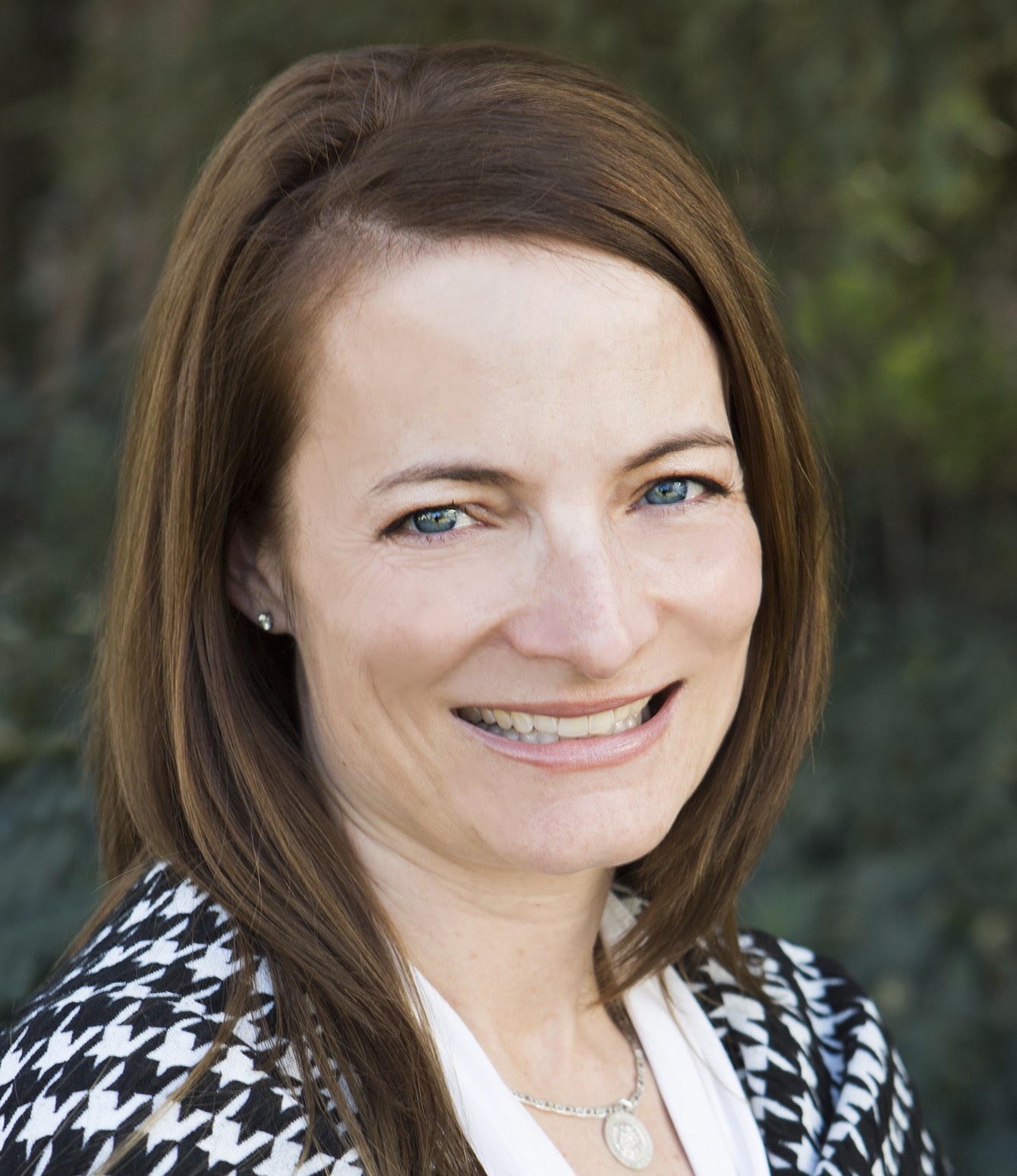
Bobbi Gray
Bobbi Gray, Research Director at the Grameen Foundation, with about 15 years of experience in designing, implementing, and coordinating research and evaluations on financial, health, and agricultural programs: During the qualitative research for the pro-WEAI (a WEAI version that measures empowerment within agricultural development projects), we heard women describe “empowerment” as “emancipated.” This was a breathtaking word. We use words like agency and power but for some women, being free, being liberated is how they would feel empowerment. It provides a different, but powerful, visual.
Q: What was the most surprising thing you learned during implementation of WEAI?
Bobbi: What most surprised us is the low empowerment among men. While it was not as low as women’s, men were not particularly more empowered than women. It’s caused us to sit back and think about the implications of these findings on our work and how we think about households’—not just individuals’—access to services. We were surprised at how more women than men justified domestic abuse. We often think men primarily perpetuate abuse, but women play an important role in maintaining the status quo … even to their own detriment. Changing mindsets of women on this topic is an important starting point and this seems overlooked.
Q: What is your advice to other organizations looking to implement WEAI?
Bobbi: The pro-WEAI provides you with a great opportunity to learn about dynamics you rarely get from other research methodologies: It looks at both men and women from the same household. The results can toss some assumptions out the door about how you understand vulnerability and empowerment of men and women.
Donors
Q: How does the WEAI complement the rest of your organization’s mission and/or activities?
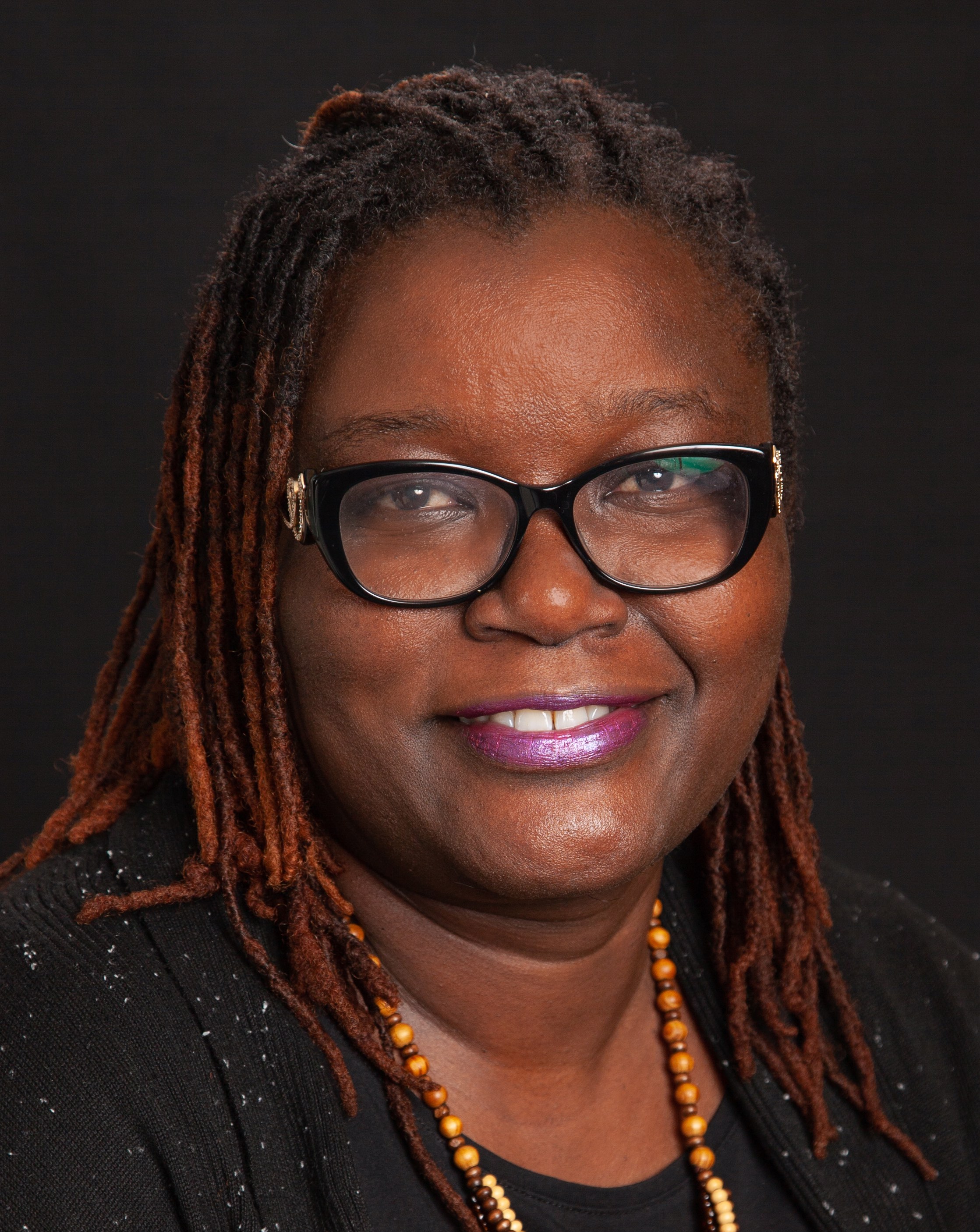
Jemimah Njuki
Jemimah Njuki, Senior Program Officer at Canada’s International Development Research Centre (IDRC) : Gender equality and the empowerment of women has always been core to IDRC’s work. Adopting the WEAI allows us to measure the impact of our work across programs on women’s empowerment and to identify key priority areas where there are gaps and to prioritize those in our funding.
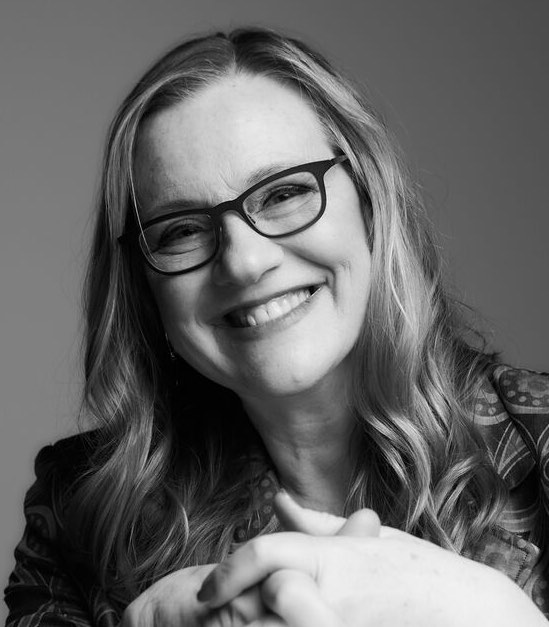
Vicki Wilde
Vicki Wilde, Senior Program Officer at the Bill & Melinda Gates Foundation, where she oversees the women’s economic empowerment portfolio in agricultural development: At the Bill & Melinda Gates Foundation, we believe all lives have equal value. But after more than two decades working to improve the lives of the world’s poorest men, women, and children, an undeniable truth emerged: Poverty and gender inequality are deeply intertwined.
Jemimah: As we work more on gender transformative approaches, the WEAI helps us measure change in ways that we have not been able to do before including changes in intra-household relations, women’s decision making and leadership.
Vicki: As we drive for inclusive agricultural transformation it is crucial to track whether women as well as men fully benefit, and if not, why not. The foundation has invested in IFPRI’s WEAI-related work since 2008. Working in partnership with USAID, IDRC, and many others, we aim to ensure that outcomes for women’s empowerment will be tracked by governments, businesses and NGOs across crop, livestock and nutrition interventions. More and more of my colleagues request our grantees to embed WEAI metrics into the monitoring and evaluation of our agriculture investments, and I expect a steady increase in this good practice over the coming years.
Q: What is WEAI’s greatest strength?
Jemimah: Its ability to give women voice. The combination of a quantitative index and qualitative data and evidence that allows women to define what empowerment means for them and what aspects of their lives are important is invaluable.
Vicki: A great strength of the WEAI is comparability. While we know it’s an imperfect measure of empowerment (all standardized measures are imperfect) we have the benefit of a strong grounding in theory and several years’ rigorous testing across a diversity of continents, communities and households. For the first time, our global community has a common language – what we mean by empowerment in agriculture, and how to measure it. Now we can learn what works to empower women in agriculture, and what does not.
Q: How can WEAI make a difference for rural women and gender equality?
Jemimah: We must remember that the WEAI is just a tool, and how we use the data to improve what we are doing is what is important. We must use the WEAI to give women a voice to articulate what is important for them, to identify what the key areas of disempowerment for women are and make investments to address them in collaboration with women themselves.
Vicki: WEAI can make a difference for rural women and gender equality because it is data that is actionable. It shows us whether (or not) women’s control of resources has increased, e.g, do women control the income from their dairy cows? It can also show us whether there were unintentional consequences, e.g., did women’s workload increase? As each development partner tracks the consequences for women’s empowerment of its policy and programmatic decisions, we learn what works and what still needs to change.
Emily Myers is a Research Analyst with IFPRI’s Poverty, Health, and Nutrition Division; Janet Hodur is a Communications Specialist with the IFPRI-led CGIAR Research Program on Agriculture for Nutrition and Health (A4NH).




